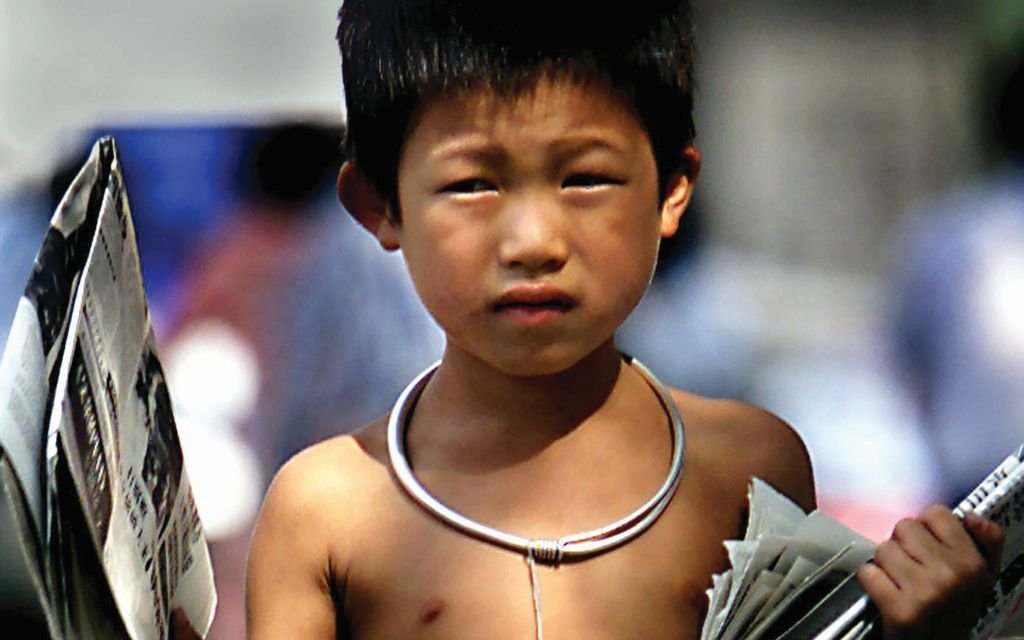Children’s rights and business: The quality of corporate reporting on child abuse is key to tackling it – ACCA Comment

In the twenty-first century, businesses have come to depend on the value of their brand more than they ever have in history. In March this year, Ocean Tomo released the 2015 update to its annual study of intangible asset market value, which revealed that intangible assets grew to represent an average of 84 per cent of the total market value of S&P 500 companies by 1 January 2015.
There are few issues that can match the abuse of children for their explosive power to inflict damage on this precious brand reputation. You only have to type “child labour scandal” into a search engine to see the negativity that follows if abuses are found within the supply chain of a business. Clearly, when an organisation of any kind is suspected of being complicit in the abuse of children, either knowingly or unknowingly, the damage is likely to be serious and long-lasting.
Of course, upholding children’s rights isn’t just about avoiding negative press. Exploitation of any kind is bad, but exploitation of children is unforgiveable. Because children are particularly vulnerable, the impact of abuse is often more serious and can affect them for the rest of their lives.
Despite all this, there are currently an estimated 168m children working as child labourers around the world and 85m children – more than the total population of Germany – involved in hazardous work. The hard truth is that those numbers mean there can be no doubt that child labour is embedded deep into the supply chains of a great many businesses.
GOOD PRACTICE
That is why ACCA joined forces with Unicef to produce a new report on the issue. ACCA’s intention in commissioning this report was to elevate children’s rights from being an often uncommented-on subset of human rights into an important issue in itself. However, we found that evidence of systematic good practice from companies whose activities affect children was surprisingly thin on the ground.
One of the key findings of this report was that, as with any risk, it is the job of those responsible for business reporting to root out potential areas of threat, shine a light on the potential for harm, and ensure action is taken. That is why the quality of the reporting on the issue is a key component in supporting the rights of children across the globe.

An estimated 168m children are working as labourers around the world
COMPLEX SUPPLY CHAINS
In order for a company to be able to properly assess its impact on children’s rights, and its potential exposure to abuse of these rights – either directly or through its supply chain – it is essential that it possesses a solid understanding of the context within which it operates. A company cannot hope to protect its brand by claiming ignorance due to the complexity of its supply chain.
For example, there are clearly a number of sectors and geographical locations where the risk of abuse is elevated, and this must be taken into account when a company is assessing the scope of its operations. Businesses particularly at risk, such as those with long supply chains reaching into countries with poor human rights records, will require an entirely different impact assessment than those with less exposure.
ACTION PLAN
Once a company has assessed its context and exposure to risk around children’s rights, the next step is to develop an action plan to address potential impacts and policies to combat them. Most companies do have policies in one form or another, however they are effective only if they form the basis of corporate action. Ideally, responsibility for policy implementation should sit at board level, with director’s remuneration linked to human rights performance.
TRANSPARENCY
Considering the scale and scope of child labour around the world, the uncomfortable truth is that any company committed to identifying, managing and reporting on its impacts is likely to uncover instances of abuse. How these discoveries are dealt with has perhaps the greatest potential for improving children’s rights in the future.
For example, technology giant Samsung recently announced that it will do 30 per cent less business with a Chinese parts supplier after child labour issues were uncovered in its supply chain. Measures like this are part of a policy that not only serves to punish individual instances of poor practice but, by making the penalty public, contribute to a culture of zero-tolerance to abuse from the business world as a whole.
In a business world where total transparency can leave a company vulnerable to attack, from critics and competitors, it is very tempting to shy away from making information public. However, protecting the rights of children goes far beyond the potential pitfalls of total transparency. It is ACCA’s ambition that businesses will commit to a framework that protects the rights of children and, in doing so, guard themselves against the risk of reputational damage that comes with human rights infringements of this kind.